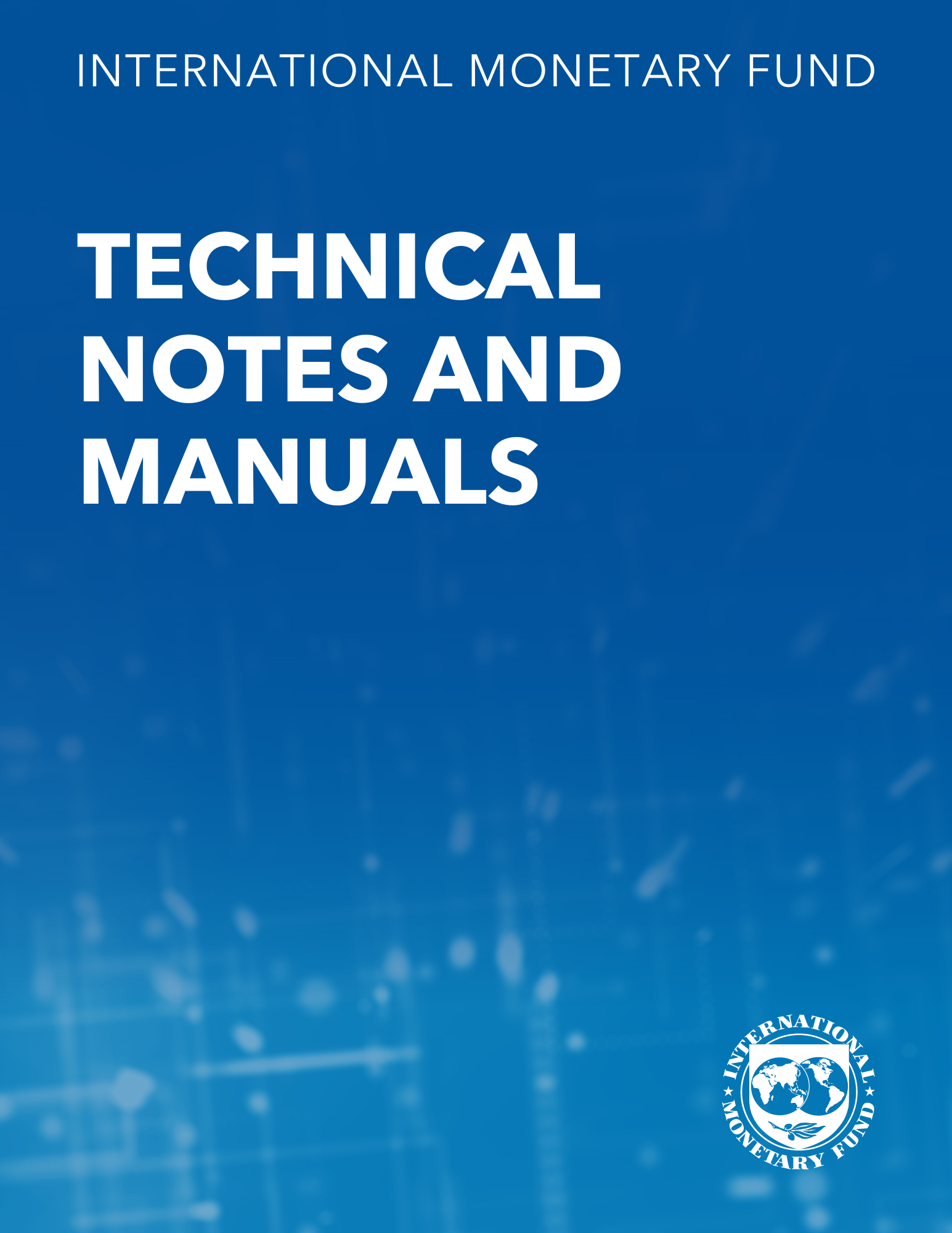Bank Ownership and the Effects of Financial Liberalization: Evidence from India
March 1, 2011
Disclaimer: This Working Paper should not be reported as representing the views of the IMF.The views expressed in this Working Paper are those of the author(s) and do not necessarily represent those of the IMF or IMF policy. Working Papers describe research in progress by the author(s) and are published to elicit comments and to further debate
Summary
Do financial sector reforms necessarily result in expansion of credit to the private sector? How does bank ownership affect the availability of credit to the private sector? Empirical evidence is somewhat mixed on these issues. We use the Indian experience with liberalization of the financial sector to inform this debate. Using bank-level data from 1991-2007, we ask whether public and private banks deployed resources freed up by reduced state preemption to increase credit to the private sector. We find that even after liberalization, public banks allocated a larger share of their assets to government securities than did private banks. Crucially, we also find that public banks were more responsive in allocating relatively more resources to finance the fiscal deficit even during periods when state pre-emption (measured in terms of the requirement to hold government securities as a share of assets) formally declined. These findings suggest that in developing countries, where alternative channels of financing may be limited, government ownership of banks, combined with high fiscal deficits, may limit the gains from financial liberalization.
Subject: Banking, Commercial banks, Government debt management, Government securities, State-owned banks
Keywords: bank, private bank, public bank, securities, WP
Pages:
45
Volume:
2011
DOI:
Issue:
050
Series:
Working Paper No. 2011/050
Stock No:
WPIEA2011050
ISBN:
9781455218929
ISSN:
1018-5941






